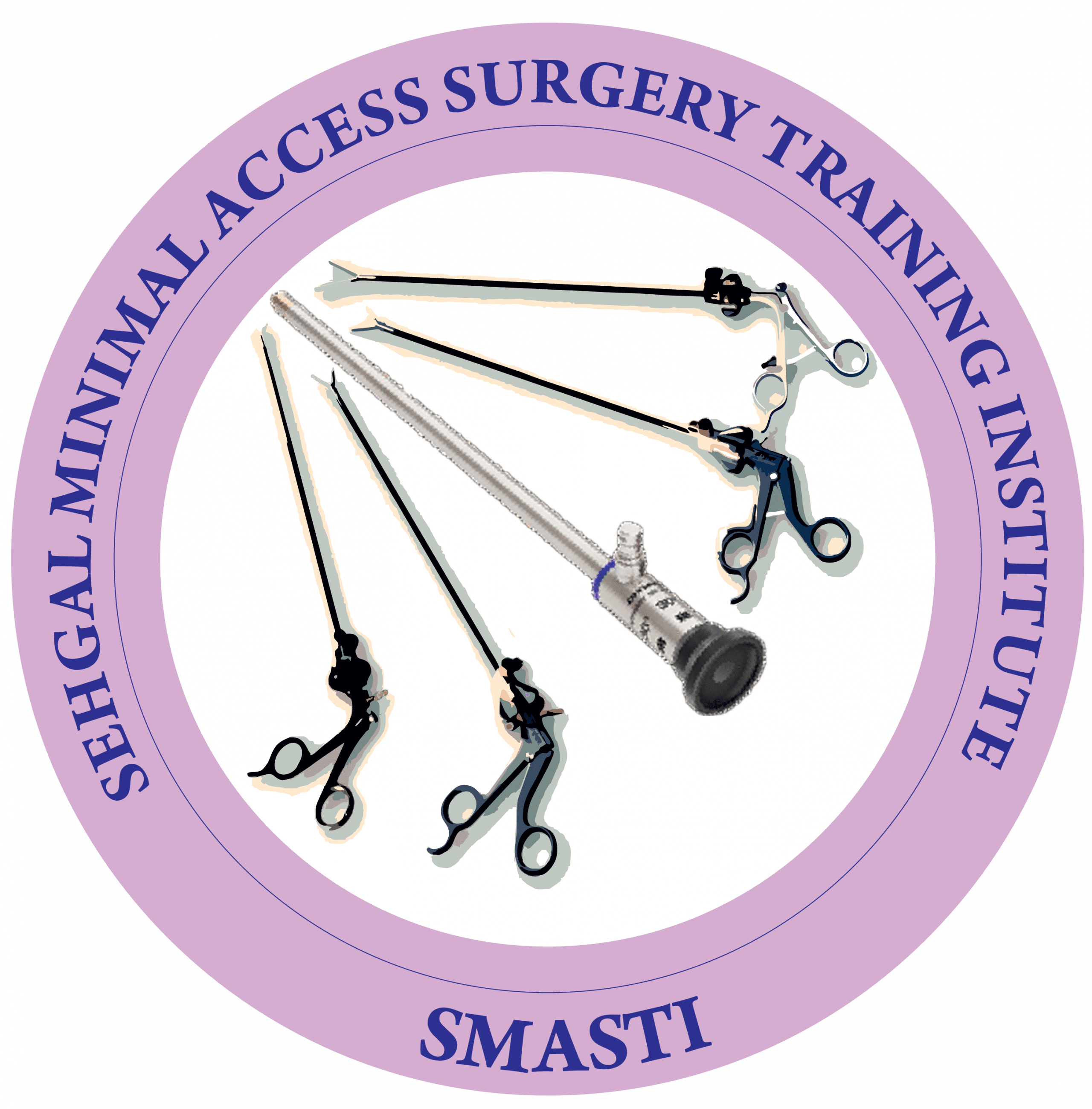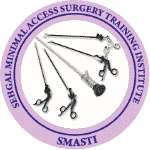LAPAROSCOPIC QUIZ
Take the Laparoscopic Surgery Professional Test to measure your brainpower and cognitive ability from a standardized test of Minimal Access Surgery.
- 15-20 minutes to complete
- Know Your Intelligence Quotient
- Score Evaluate your Brainpower
These laparoscopic multiple choice quizzes will give you an opportunity to help preparing fellowship exam which will be taken by World Association of Laparoscopic Surgeons after completing the Hands On training at SMASTI. The participant surgeon and gynecologists will develop confidence and after taking these quiz fellowship exam aspirants can sharpen their skills and knowledge on general awareness. What the future holds for laparoscopic training methodologies, the requirement for standardized testing, and proof of competency in laparoscopy is still unclear. What is clear is that most residency directors think that the health-care industry will require proof of competency in laparoscopy as standard of care. Approximately all the program directors think that it would be beneficial to have a standardized clinical examination to test one’s skills in laparoscopy at the conclusion of laparoscopic training. One possible reason for the lack of support for a standardized test may be the fact that our surgeons and gynecologist who take training are already evaluated on their surgical skills and are subject to written fellowship examinations during their training through the Council on Residency Education in Laparoscopy form by World Association of Laparoscopic Surgeons and must pass a written examination after training to be certified by the University and WALS. Did you know there are two concepts of intelligence? Fluid Intelligence includes such abilities as problem-solving, memory, learning, and pattern recognition.
Crystallized Intelligence is more static, consisting primarily of acquired knowledge. In laparoscopic surgery fluid intelligence is more important because it is a skill. Surgical competence reflects the knowledge, judgment, and attitude of the surgeon. Albert Einstein’s famous quote is “Imagination is more important than knowledge. For knowledge is limited to all we now know and understand, while imagination embraces the entire world, and all there ever will be to know and understand. In laparoscopy imagination has great value. ” He has also quoted “If you can’t explain it simply, you don’t understand it well enough.” A questionnaire of laparoscopic surgical and gynecological surgery was developed to assess several areas of interest in laparoscopic training in General Surgery, Obstetrics and Gynecology residency programs.
FEW EXAMPLES OR MCQ BY WORLD LAPAROSCOPY HOSPITAL:
a) Hemorrhage
b) Infection
c) Bowel injury
d) Adhesion formation
a) Reduced blood loss
b) Shorter recovery time
c) Lower risk of infection
d) All of the above
a) Gallbladder disease
b) Hernia repair
c) Colorectal cancer
d) Endometriosis
a) Midline supraumbilical
b) Right upper quadrant
c) Left upper quadrant
d) Lower midline
a) 5 mm
b) 10 mm
c) 15 mm
d) 20 mm
a) Grasper
b) Scissors
c) Retractor
d) Hammer
a) Carbon dioxide
b) Oxygen
c) Nitrogen
d) Helium
a) Endoscope
b) Laparoscope
c) Cystoscope
d) Bronchoscope
a) Harmonic scalpel
b) Monopolar cautery
c) Bipolar cautery
d) Ultrasonic scalpel
a) Extraction
b) Evisceration
c) Resection
d) Incision
a) Severe obesity
b) Previous abdominal surgery
c) Advanced cancer
d) All of the above
a) Cholecystectomy
b) Appendectomy
c) Hysterectomy
d) Nissen fundoplication
a) Cholecystectomy
b) Appendectomy
c) Hernia repair
d) Nissen fundoplication
a) End-to-end anastomosis
b) Interrupted suture
c) Running suture
d) Intracorporeal knot tying
a) Pneumothorax
b) Pulmonary embolism
c) Hypotension
d) All of the above
a) Pneumoperitoneum
b) Pneumothorax
c) Hydroperitoneum
d) Hydrothorax
a) Seroma formation
b) Hematoma formation
c) Wound infection
d) All of the above
a) Port closure
b) Wound closure
c) Incision
a) Grasper
b) Scissors
c) Hook
d) Suction irrigation device
a) Appendectomy
b) Cholecystectomy
c) Colectomy
d) Nephrectomy
a) Appendectomy
b) Cholecystectomy
c) Colectomy
d) Nephrectomy
a) Appendectomy
b) Cholecystectomy
c) Colectomy
d) Herniorrhaphy
a) Appendectomy
b) Cholecystectomy
c) Colectomy
d) Nephrectomy
a) Nerve injury
b) Bleeding
c) Thrombosis
d) Cardiac arrest
a) Insufflation
b) Port placement
c) Trocar insertion
d) Veress needle insertion
Answers
- b) Infection
- d) All of the above
- c) Colorectal cancer
- a) Midline supraumbilical
- b) 10 mm
- d) Hammer
- a) Carbon dioxide
- b) Laparoscope
- a) Harmonic scalpel
- a) Extraction
- d) All of the above
- c) Hysterectomy
- c) Hernia repair
- d) Intracorporeal knot tying
- d) All of the above
- a) Pneumoperitoneum
- d) All of the above
- a) Port closure
- a) Grasper
- b) Cholecystectomy
- a) Appendectomy
- d) Herniorrhaphy
- c) Colectomy
- d) Cardiac arrest
- d) Veress needle insertion

